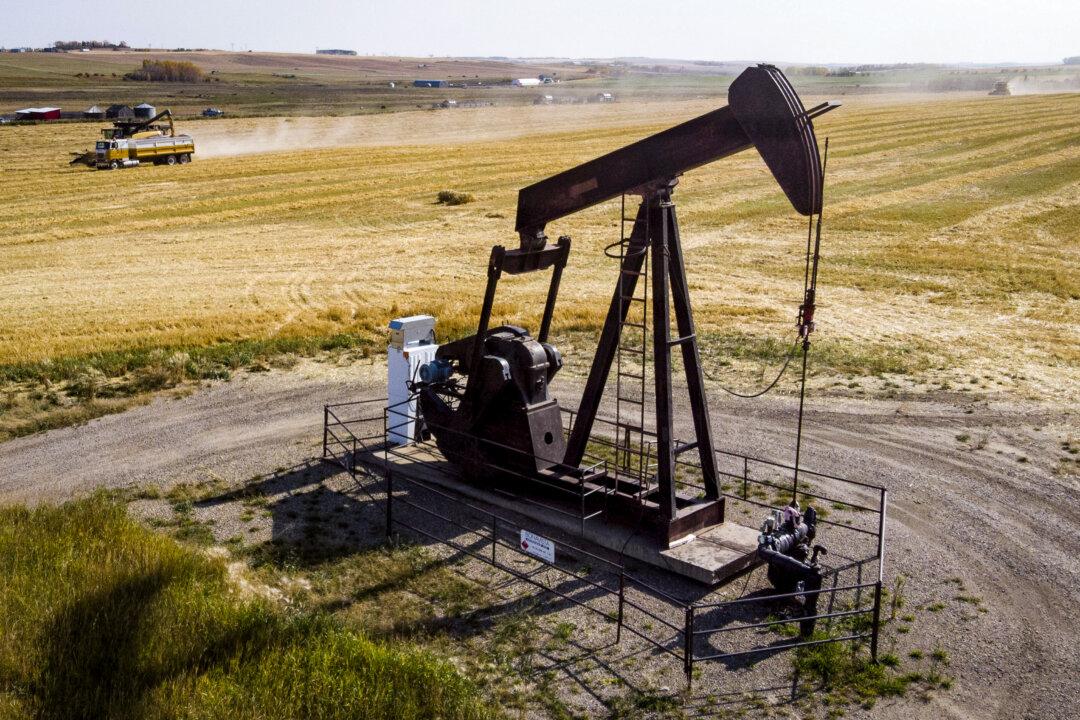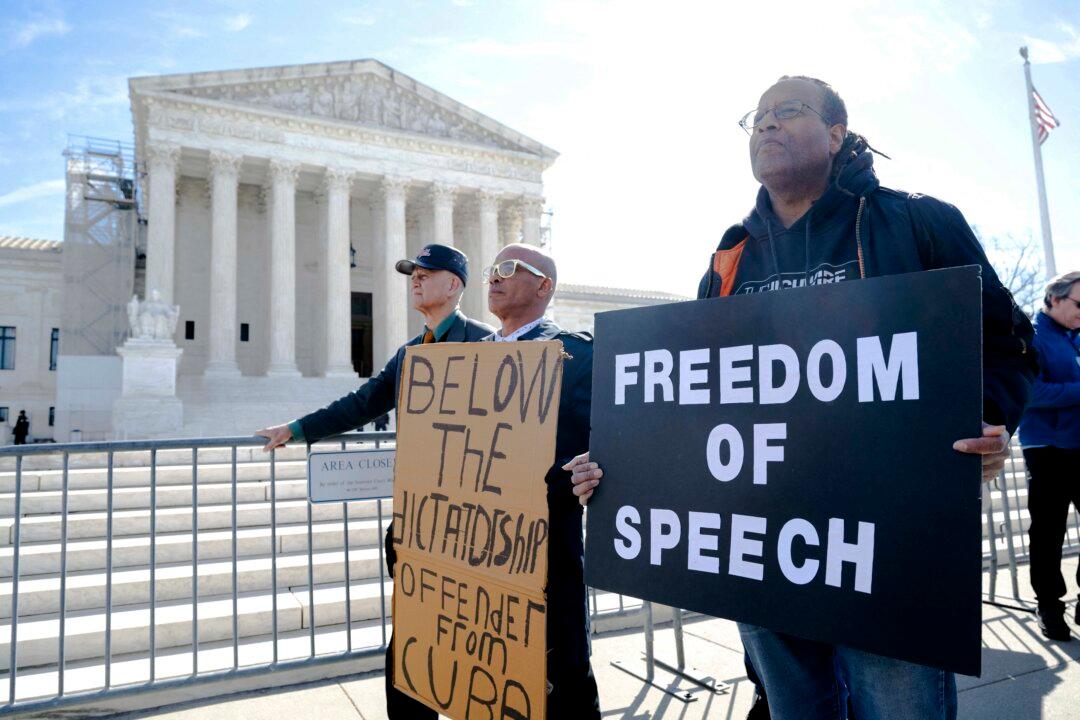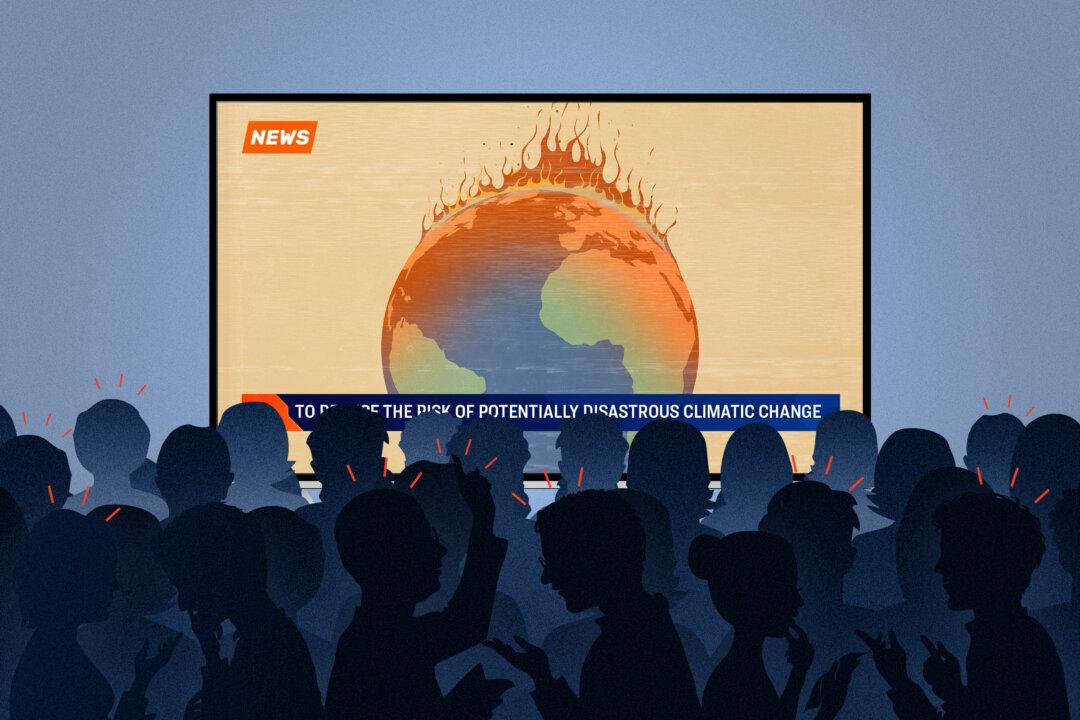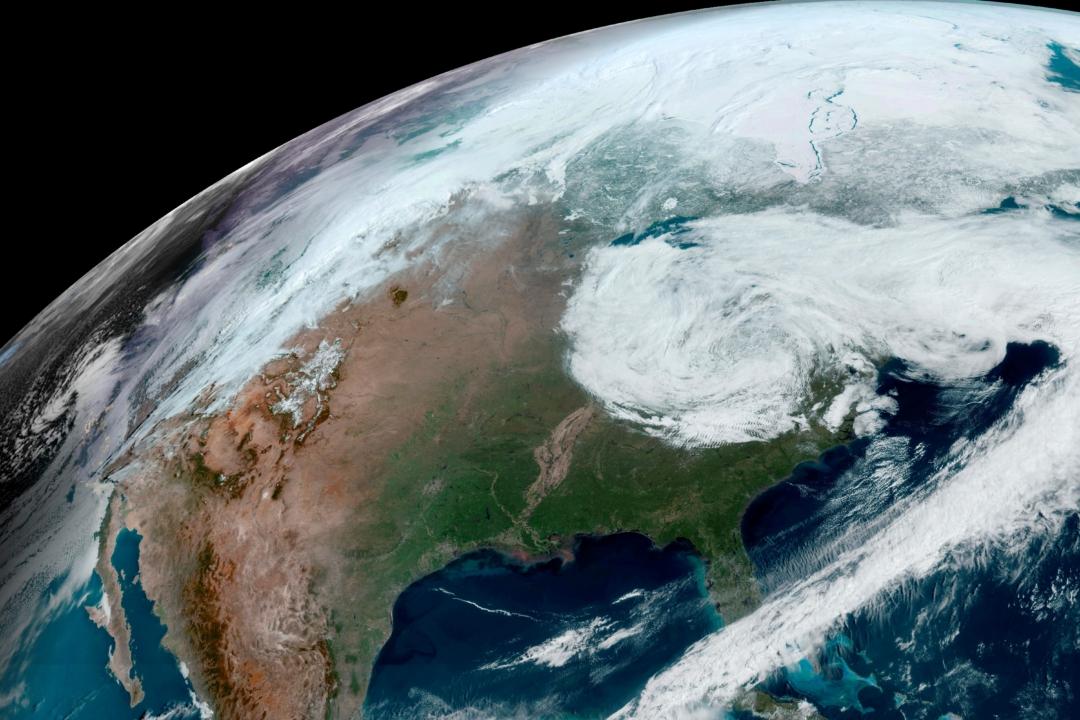Colorado ranks among the top 10 energy-producing states in the nation. According to the U.S. Energy Information Administration (EIA), it’s the fifth-largest crude oil-producing state and the eighth-largest natural gas-producing state, accounting for 4 percent of the United States’ total output for both.
Colorado Bill to Ban Oil, Gas Development Could Drive Up US Energy Prices
Colorado Democrats want to put a stop to state’s oil and gas development by 2030, but critics say they’re doing so with no viable alternative.

An oil and gas pumpjack in a wheat field near Cremona, Alta., on Oct. 1, 2020. The Canadian Press/Jeff McIntosh
Katie Spence is a freelance reporter for The Epoch Times who covers energy, climate, and Colorado politics. She has also covered medical industry censorship and government collusion.
Ms. Spence has more than 10 years of experience in media and has worked for outlets including The Motley Fool and The Maverick Observer.
She can be reached at: [email protected]
Author’s Selected Articles




